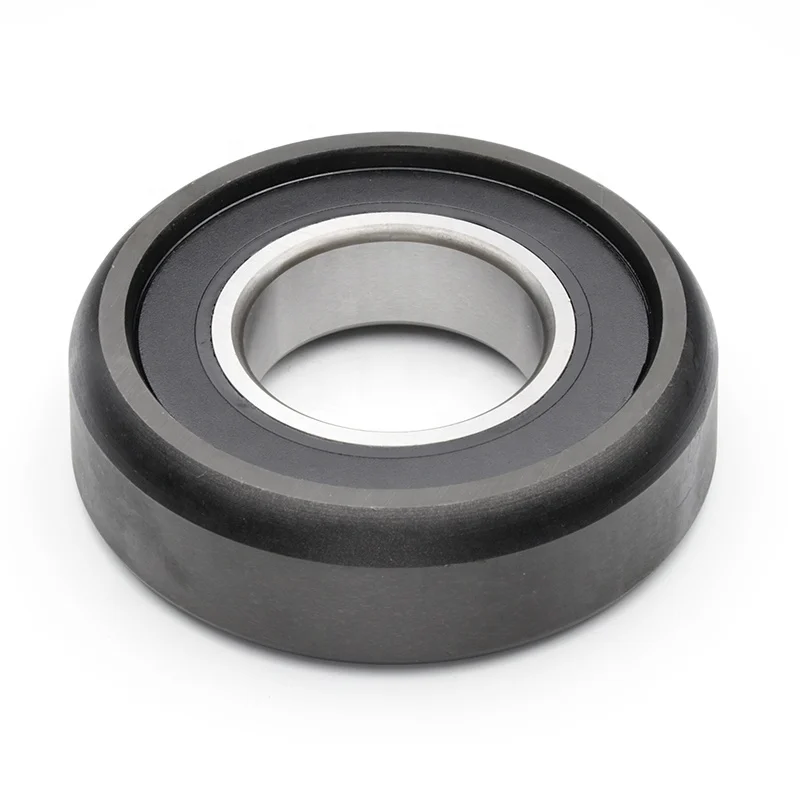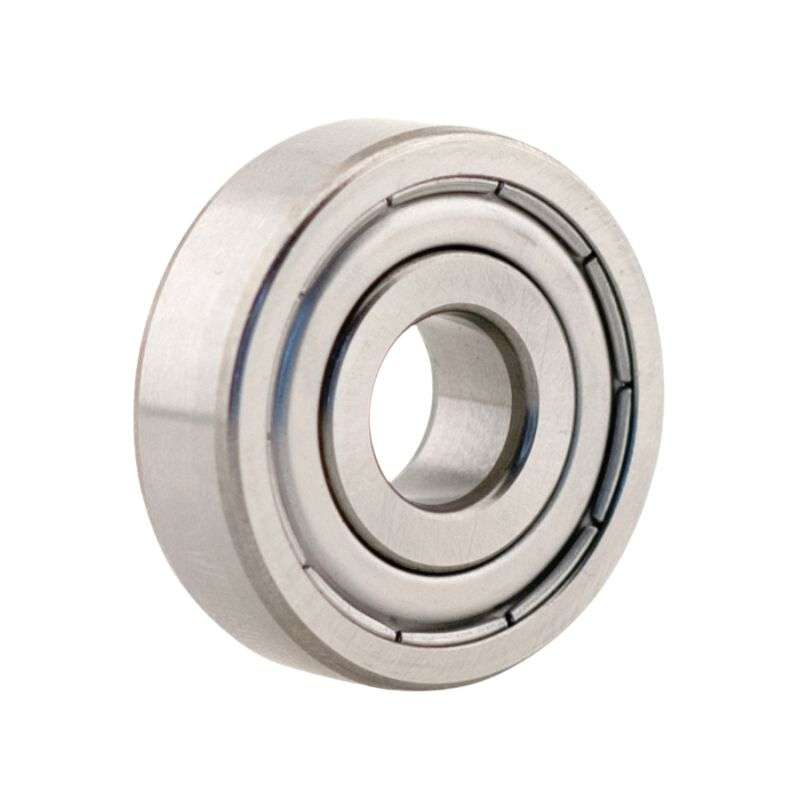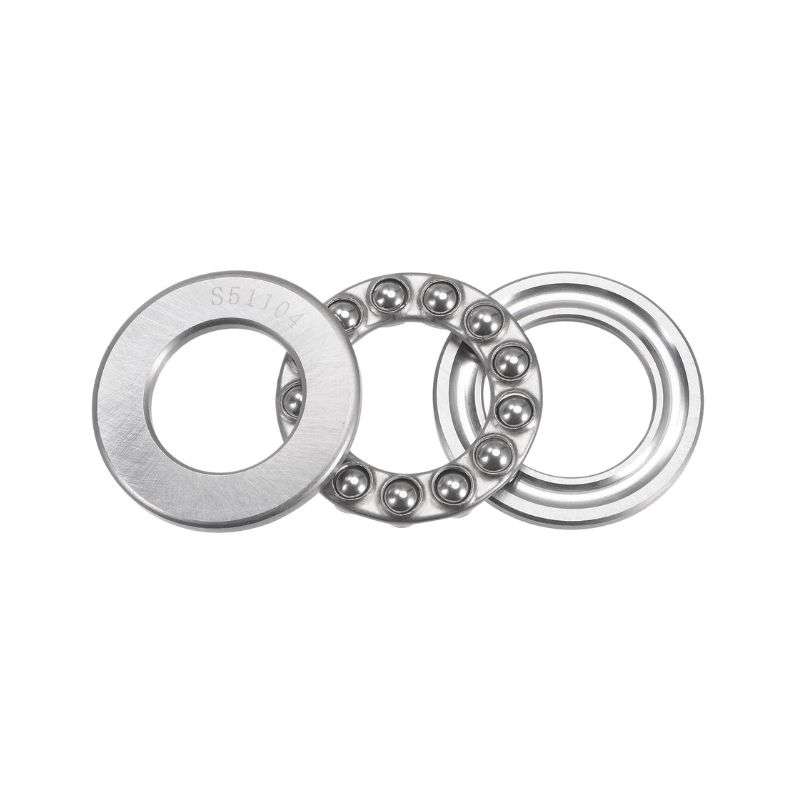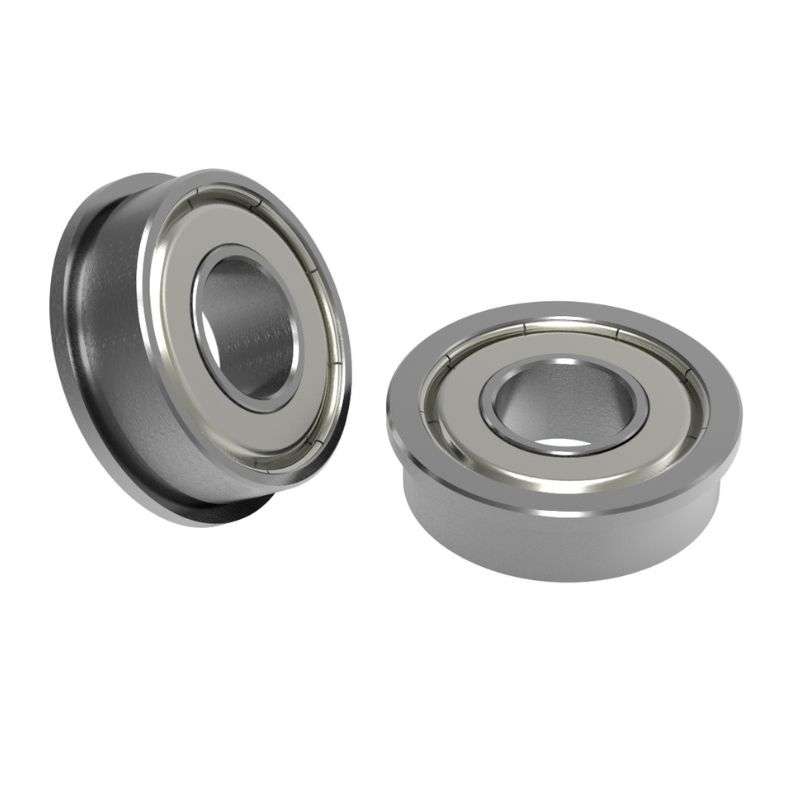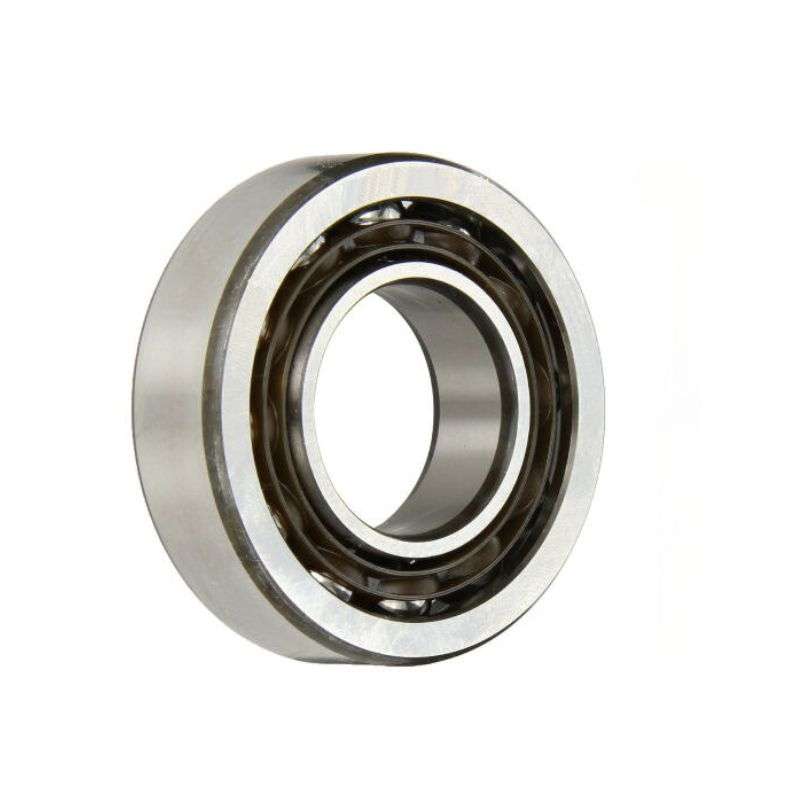Table of Contents
Categories
-
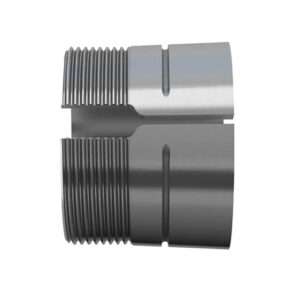
Adapter Sleeves (9)
-
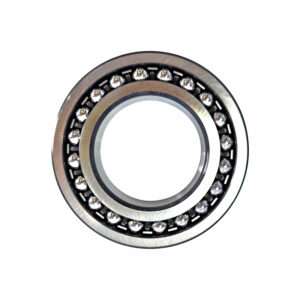
Ball Bearings (11)
-
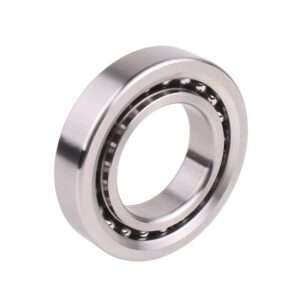
Ball Screw Bearings (2)
-
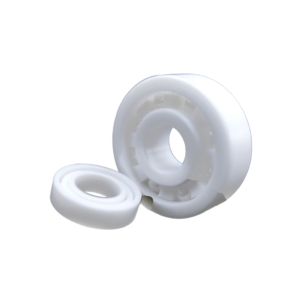
Ceramic Bearings (27)
-
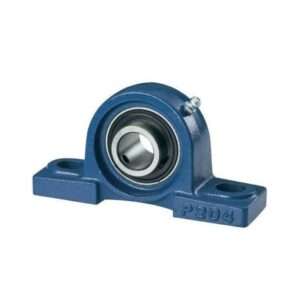
Pillow Block Bearings (4)
-
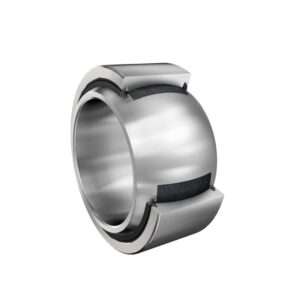
Plain Bearings (32)
-
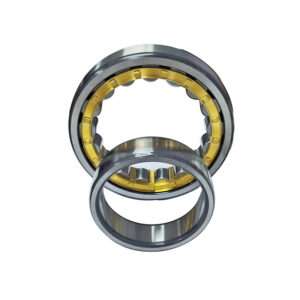
Roller Bearings (12)
-
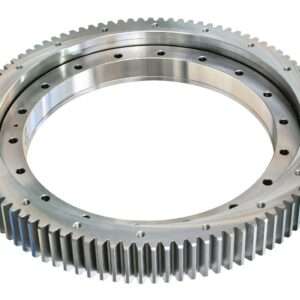
Slewing Bearings (43)
-
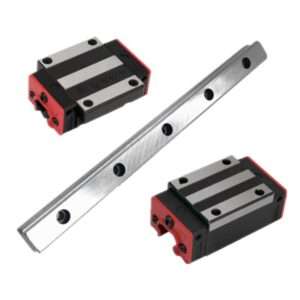
Sliding Block (3)
-
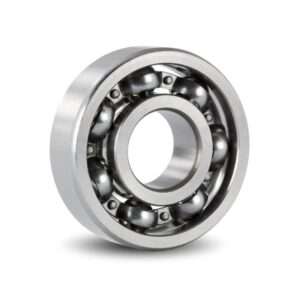
Stainless Steel Bearings (27)
-
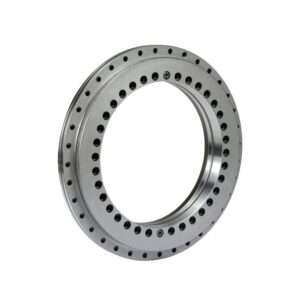
Super Precision Bearings (6)
-
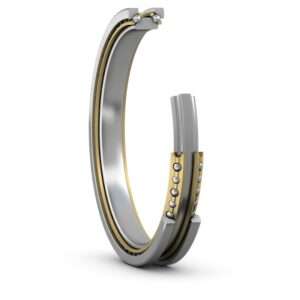
Thin Section Bearings (9)
-
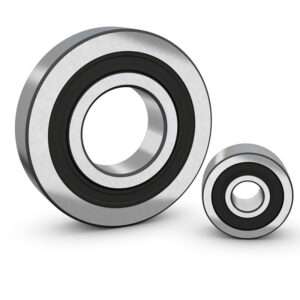
Track Rollers (4)
-
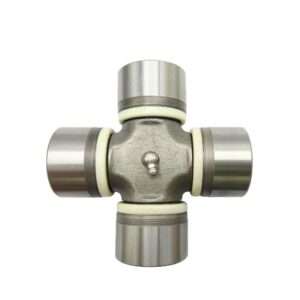
Universal Joints (1)
Exploring Stainless Steel Bearings: Expert Insights
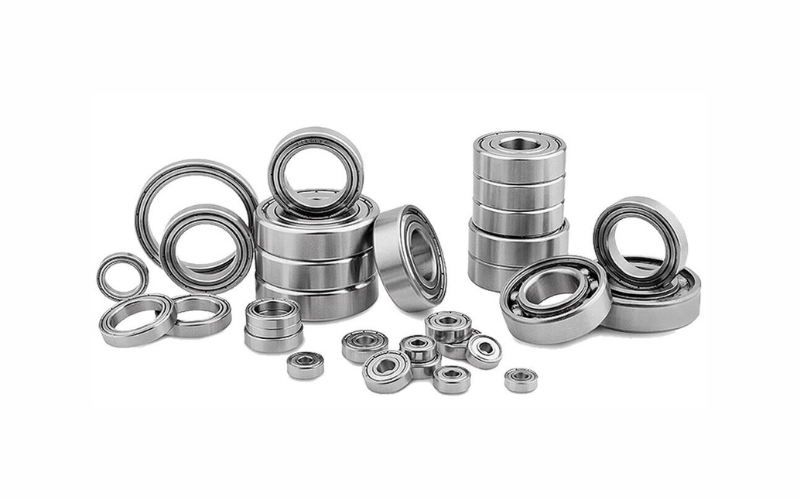
Introduction
Stainless steel bearings offer excellent corrosion resistance, strength, and durability and are widely used in modern industries from automotive manufacturing to food processing, medical equipment, and ocean exploration. Stainless steel bearings are the first choice for many important industrial applications due to their ability to operate efficiently in extreme environments, reduce maintenance requirements, and extend service life. This article aims to provide an in-depth discussion of the various types, key performance indicators, and applications of stainless steel bearings in different industries to provide a comprehensive and detailed industry reference. Through expert insights, we will show how stainless steel bearings meet the complex needs of modern industry.
Understanding Stainless Steel Bearings
Stainless steel bearings are special types of bearings made of stainless steel, mainly used in environments that resist corrosion and avoid rust. In addition to good mechanical strength and wear resistance, stainless steel bearings are most characterized by their ability to withstand harsh environmental conditions, extend their service life, and reduce maintenance frequency.
Stainless Steel Vs Chrome Steel Bearings – What’s The Difference?
Stainless steel bearings and chrome steel bearings are two common bearing materials, each with unique properties and applicable scenarios. The following are the main differences between the two materials in terms of composition, properties, and applications:
Material Ingredients are different
- Stainless steel bearings: Mainly composed of iron, carbon, and at least 10.5% chromium, usually also containing other alloying elements such as nickel and molybdenum. This alloy configuration provides excellent corrosion resistance. Processing costs are relatively high.
- Chrome steel bearings: Also known as high carbon chromium bearing steel, the main components include iron, carbon, and about 1.5% chromium. This material has very high hardness and wear resistance, but its corrosion resistance is worse than stainless steel. Chrome steel bearings are generally less expensive than stainless steel bearings.
Corrosion resistance varies
- Stainless steel bearings: Provide excellent corrosion resistance and can last longer in humid or chemically corrosive environments. Suitable for use in marine equipment, food processing machinery, and other environments.
- Chrome Steel Bearings: Although chromium steel has some corrosion resistance, it does not perform as well as stainless steel bearings in humid or chemically aggressive environments. Mainly used in dry environments.
Different application areas
- Stainless steel bearings: Mainly used in situations with high requirements for corrosion resistance, such as medical equipment, food processing, marine equipment, etc.
- Chrome steel bearings: Due to their hardness and wear resistance, they are often used in high-load and high-speed applications such as automotive wheel hubs, machine tool bearings, etc.
Key Properties Of Stainless Steel Bearings
In addition to corrosion resistance and durability, the key attributes of stainless steel bearings are high mechanical strength. The mechanical strength of stainless steel bearings allows them to maintain stability and durability even under heavy loads or high-speed operation. This combination of strength and durability makes stainless steel bearings ideal for many industrial applications.
Types And Applications Of Stainless Steel Bearings
Stainless steel bearings are classified according to two dimensions: structure and material grade, and can adapt to different industrial needs and environmental conditions:
Classified by structure:
- Stainless steel ball bearings: are the most common bearing type. It is widely used in various equipment such as motors, home appliances, automobiles, and industrial machinery, especially in environments that require corrosion resistance.
- Stainless Steel Thrust Ball Bearings: Designed to carry axial loads. It is commonly found in equipment such as automotive clutches, pumps, and compressors, especially in applications that are subject to thrust loads.
- Stainless steel flange ball bearings: It has a flange plate that can provide axial positioning and reduce installation space.Suitable for devices with limited space, such as printers, hard drives, and other precision instruments.
- Stainless steel angular contact ball bearings: can bear both radial load and unidirectional axial load. It is widely used in high-speed and high-precision rotation situations, such as spindles, automobile wheels, etc.
- Stainless steel self-aligning ball bearings: It has two rows of balls and a common spherical outer ring, which can automatically adjust the center.Suitable for misalignment problems caused by installation errors or shaft bends, common in conveyors and fans.
Classified by level:
- AISI 304 stainless steel bearings: Contains higher chromium and nickel, good corrosion resistance, and formability.
- AISI 316 stainless steel bearings: superior corrosion resistance than AISI 304, especially better resistance to chloride.
- AISI 440C stainless steel bearings: High carbon content, providing excellent wear resistance and high load-carrying capacity.
- AISI 440B Stainless Steel Bearings: Similar to 440C, but with slightly lower carbon content, providing slightly lower wear resistance.
Advantages Of Stainless Steel Bearings
➊ Excellent corrosion resistance: Resistant to erosion by water and many chemical media, especially suitable for use in humid, corrosive, or chemically aggressive environments.
➋ Strength and hardness: It has good strength and hardness and can withstand high loads and impact loads, especially stainless steel with high carbon content (such as 440C).
➌ High-temperature resistance: Stainless steel bearings can withstand various temperatures from extremely cold to high temperatures, maintaining performance without easily deforming.
➍ Durability and service life: Stainless steel bearings have excellent wear resistance and fatigue strength, reducing replacement frequency.
➎ Cleanliness and hygiene: Stainless steel has a smooth surface and is not prone to the accumulation of dirt and bacteria, making it ideal for applications that require strict hygiene conditions.
➏ Low magnetism: Certain types of stainless steel (such as AISI 304 and 316) have lower magnetism, which is important for applications that require a non-magnetic environment.
➐ Long-term value: While the initial cost of stainless steel bearings may be higher than regular steel bearings, their long-term durability and low maintenance requirements reduce overall operating costs.
Mechanical Properties Of Stainless Steel Bearings
Stainless steel bearings are widely used in various industrial fields due to their excellent mechanical properties. These bearings usually have high hardness and strength, such as AISI 440C stainless steel bearings, whose hardness can reach 58-60 HRC (Rockwell hardness), allowing them to withstand heavy loads and high-speed rotation. At the same time, the good ductility and excellent fatigue resistance of stainless steel materials ensure that stable performance can be maintained under impact loads or cyclic loads. The most outstanding corrosion resistance is that stainless steel bearings are not prone to rust when exposed to humid or chemical environments. At the same time, it can maintain stable performance under higher temperature or low temperature conditions. These characteristics make stainless steel bearings a reliable choice in demanding industrial applications.
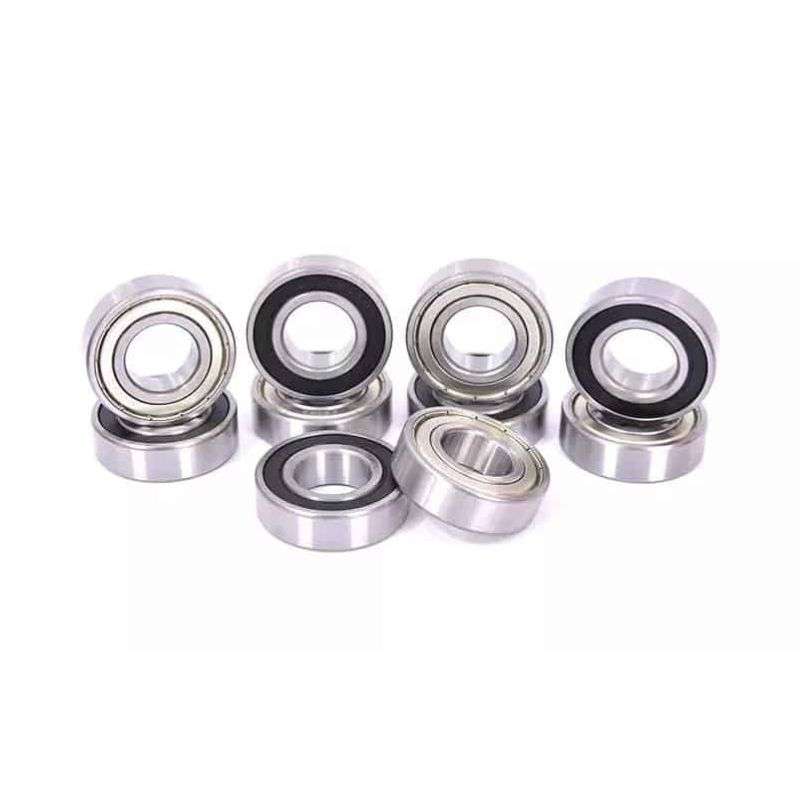
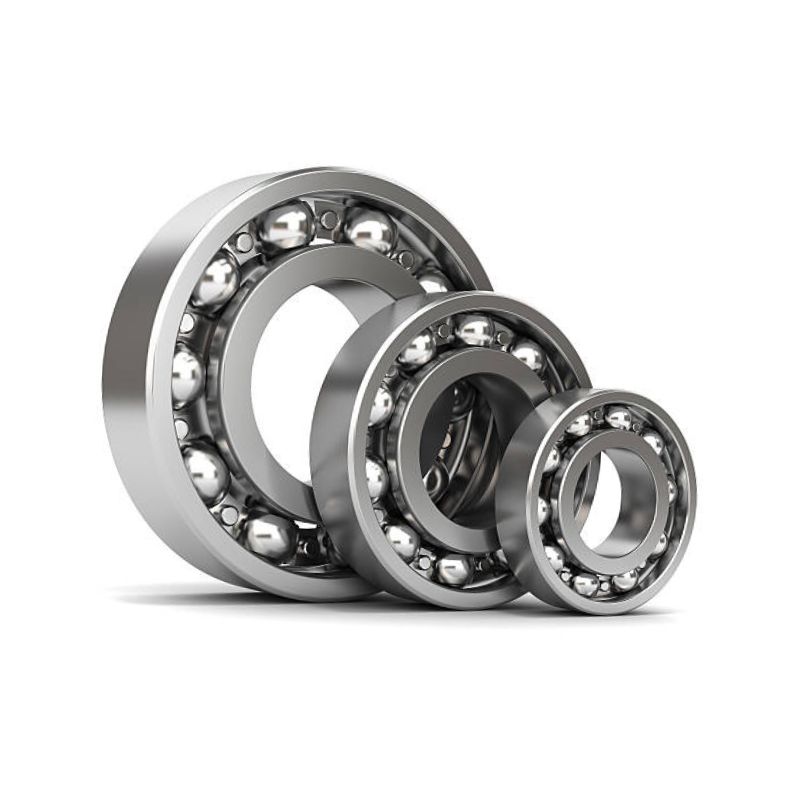
Main Uses Of Stainless Steel Bearings
Food and Beverage Industry
In the food and beverage industry, machinery and equipment need to meet strict hygiene standards and are often exposed to cleaning and wet conditions. Stainless steel bearings are ideal for use in these environments due to their corrosion resistance and ease of cleaning, preventing rust.
Medical Equipment
Medical equipment such as surgical tools, scanning equipment, and other portable medical instruments often require sterilization, and the bearings used in these devices must be able to withstand high temperatures and chemical disinfectants. Stainless steel bearings are resistant to high temperatures and chemicals under these conditions, ensuring equipment reliability and hygienic safety.
Marine Applications
In marine environments, equipment and components are often exposed to salt water and moisture, conditions that can be extremely corrosive to materials. Stainless steel bearings are resistant to saltwater corrosion and are widely used in ships, offshore platforms, and port equipment.
Chemical Industry
Chemical plant environments often contain a variety of corrosive chemicals and extreme operating temperatures. Stainless steel bearings are resistant to these chemicals while maintaining structural integrity and functional stability. This makes them ideal for chemical pumps, mixers, etc.
Automobile Industry
In the automotive industry, stainless steel bearings are used in applications requiring high corrosion and wear resistance, such as gearboxes, clutches, and water pumps.
General Industrial Applications
In various machinery and industrial equipment, stainless steel bearings are used to improve machinery efficiency and ensure operational reliability. These applications include motors, gearboxes, fans, and many other rotating or sliding components, especially where moisture or corrosive environments are present.
Choose FHD For High-Quality Bearings
Our FHD Bearings is a bearing manufacturer with over 20 years of sales and manufacturing experience, well known in the market for its extensive bearing product line and superior quality. We offer various types of bearings, including deep groove ball bearings, cylindrical roller bearings, self-aligning bearings, and more specialized bearings, to meet the needs of different industries. From precision instruments to heavy machinery, FHD Bearings is committed to providing the best solutions, ensuring that each product provides the highest performance and reliability in its application.
FHD Bearings designs bearings to withstand a wide range of load types – from light to extremely heavy loads. Whether in high-speed applications such as electric motors and automotive engines, or low-speed but heavy-duty applications such as construction equipment and mining machinery, our bearings provide excellent load-carrying capacity and efficient friction reduction.
FHD Bearings’ products are designed to withstand a variety of harsh environmental conditions. Whether it is high temperatures, low temperatures, extreme humidity or corrosive environments, our bearings use high-quality materials and advanced protection technology to ensure long-term durability and stable performance, and can effectively resist corrosion and meet hygienic standards.
Through exquisite craftsmanship and strict quality control, FHD Bearings provides high-quality bearings that can meet high loads, high-speed requirements, and harsh environmental conditions. When you choose FHD Bearings, you choose reliability, durability, and superior performance.
References
- 1. A brief overview of “stainless steel bearings” from SMB
- 2. About the Introduction to ”stainless steel bearings“ from BAART
Related Posts
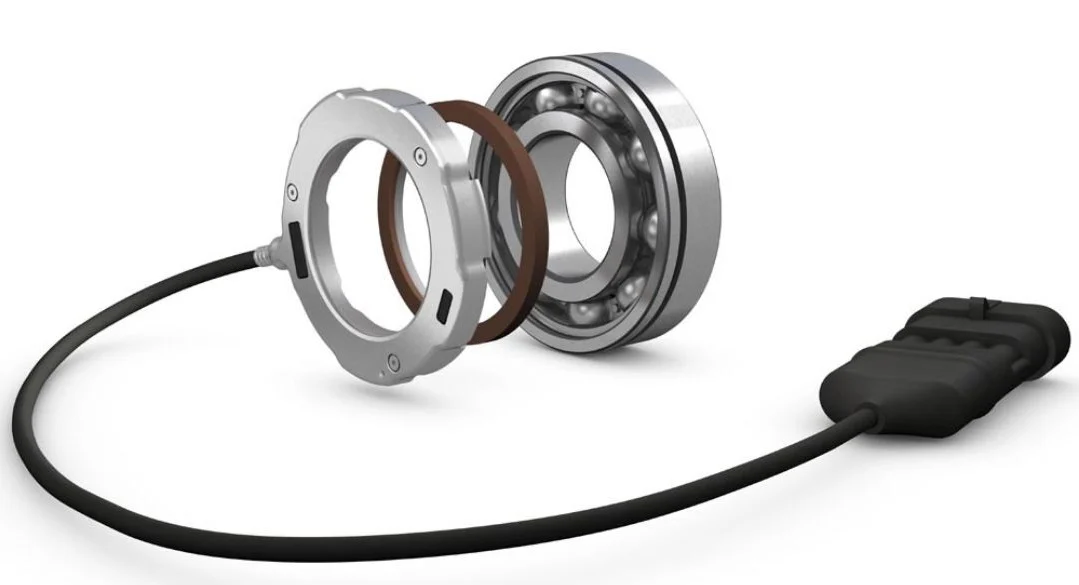
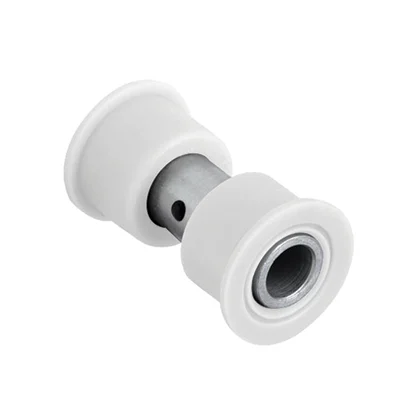
Delrin Bearings: Lubrication-Free Long Life
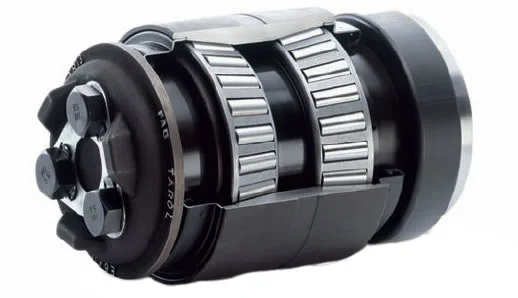
Locomotive Bearing Specs That Matter Most
